Why We Added Cask Beer to our Lineup
Cask Ales, or "real ales", are the old English way of pouring beers. It’s when the beer finishes fermenting, is conditioned, and served all out of a cask. There are two different cask sizes: Firkins (10.4 US gallons) or Pins (5.4 US gallons).
Near the end of fermentation in the fermenters, we "rack" the beer into the cask. We seal it up by hammering the bunghole (yes, that is a technical brewing term), let it finish fermenting in the cask, condition it in the cask, then serve it. By letting the beer finish fermenting in the cask, with having nowhere for the carbon dioxide being produced to escape, it naturally carbonates in the cask. It then conditions in the cask, so it isn't filtered in anyway which can let it still have a cloudy appearance since there is still yeast in it. They can then be served either through a Beer Engine (a tapping system that "draws" the beer out of the cask), or set on a bar with a tap driven right into it. This is how we’ll serve our cask beers.
“What I like about casks as a drinker is that the beer will have a completely different life than it's "normal" packaged (bottles, cans, kegs, serving vessels) counterparts. It is served slightly warmer (mid 50sF as opposed to mid 30sF as with normal draft beer) which will bring more flavors and aromas out of the beer<“ says David Gonzalez, Director of Brewing at Lost Worlds. “This is the way that some styles of beers were designed to be consumed.”
We served our first cask beer in celebration of Breast Cancer Awareness month and tapped it for an event with Shirley’s Angels, our community partner. This Raspberry Golden Ale was served in a commemorative event glass (yes, our logo was pink for a day) and we sold our quickly. It was both delicious and for a great cause.
According to Gonzalez, our cask offerings will depend on the beers we produce on the brewery's production system. Brewers are like scientists and cask beer provides a fun lab to experiment with ingredients from pieces to fruits and even wood chips.
“It really gives the brewer a chance to experiment on a much smaller scale than doing a "big" batch,” says Gonzalez. “It's a way to play and do something a little different or wacky.”
When you stop in for one of our cask beer releases, know that cask beers are naturally, lightly carbonated and are served until it’s gone the same day it’s tapped. Cheers!

